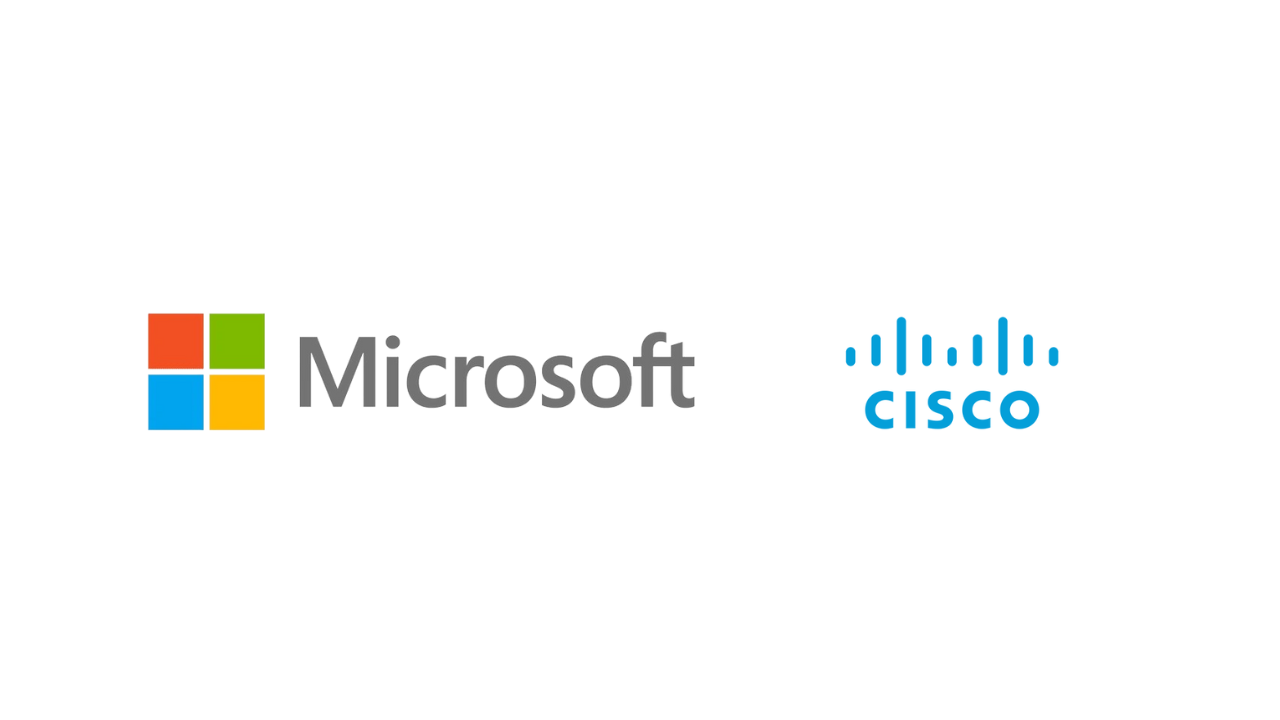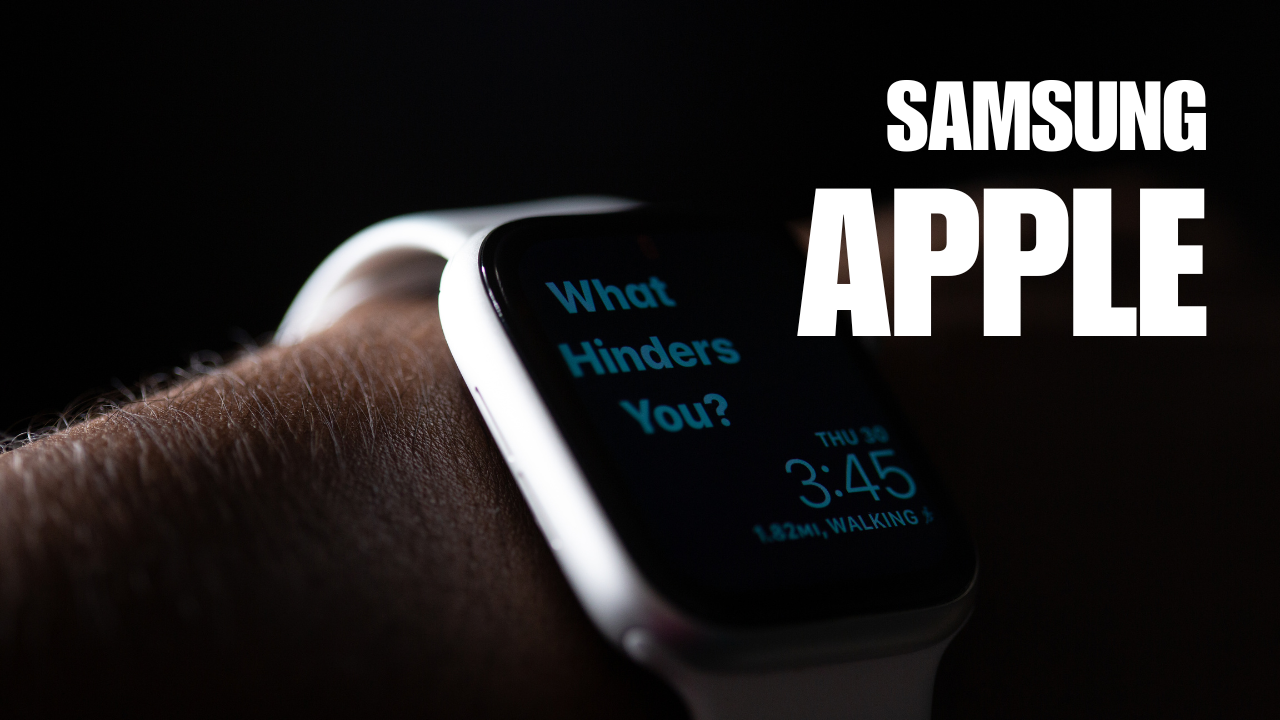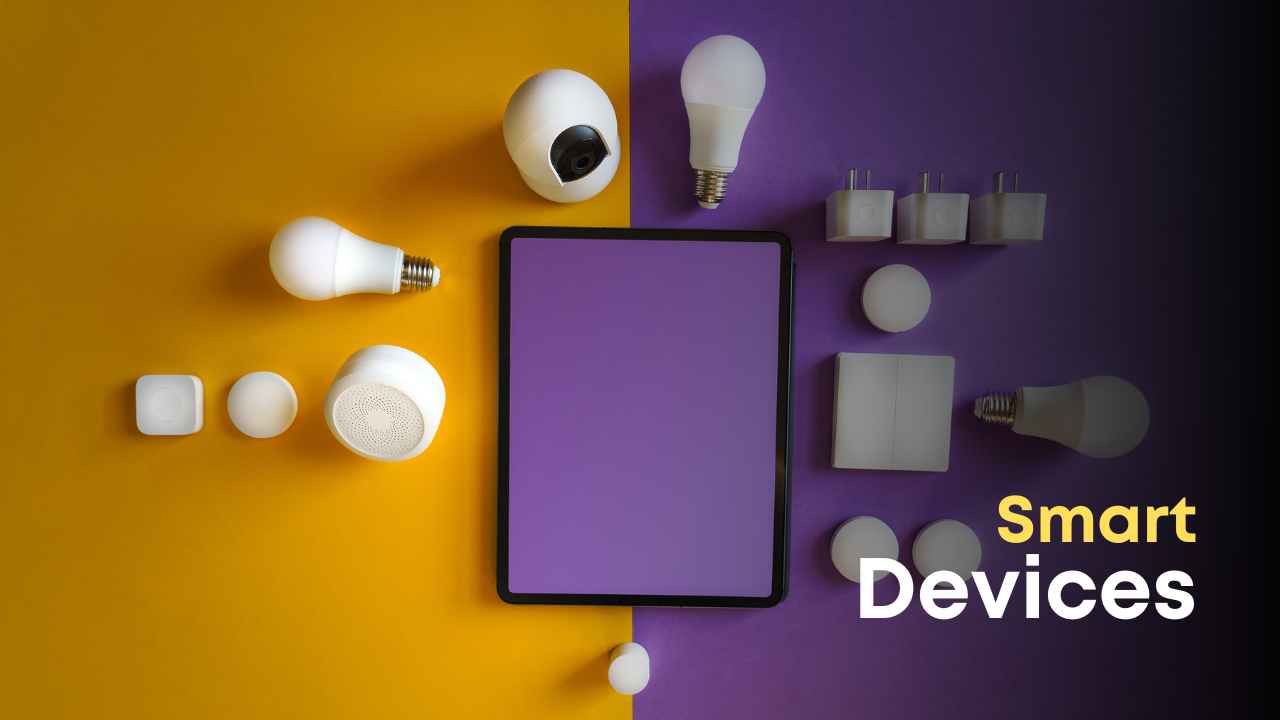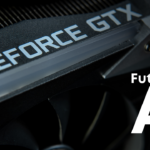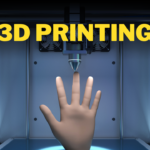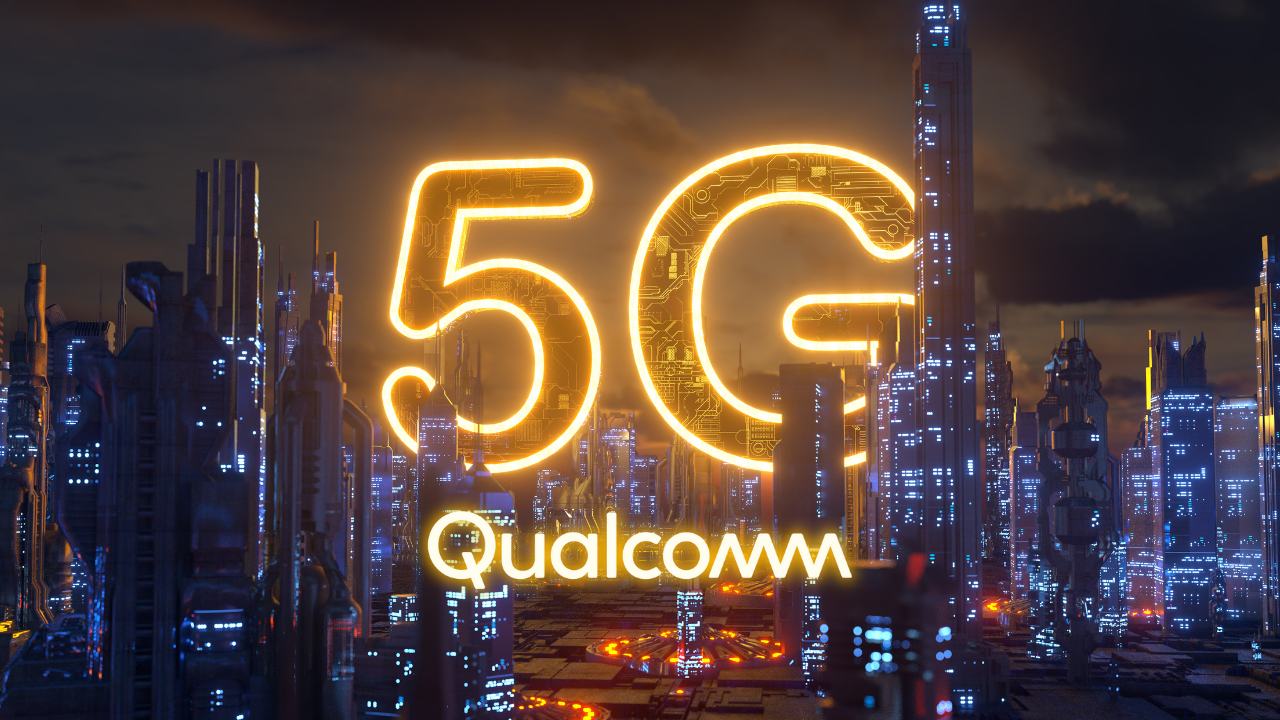
Meta Description: Discover how smart devices are shaping our digital future, from revolutionizing industries to enhancing daily life. Learn about their evolution, impact, and challenges.
Slug: smart-devices-redefining-digital-future
Smart devices have become an integral part of modern life, encompassing everything from wearables and smart thermostats to fully interconnected IoT ecosystems. These devices, equipped with advanced technology like AI and IoT, are no longer just about convenience but are redefining how we interact with the digital world. Historically, their development focused on simplifying everyday tasks. Today, smart devices are at the core of innovation, shaping industries and personal lives alike.
This article explores how smart devices transcend their original intent, influencing our digital future in transformative ways. From revolutionizing industries to shaping ethical considerations, their impact is undeniable.
The Evolution of Smart Devices
The Early Days of Automation
Smart devices’ journey began with basic automation, where convenience was the main driver. Early examples, like programmable thermostats and remote-controlled appliances, laid the groundwork for today’s interconnected world.
Integration of Artificial Intelligence (AI)
With AI integration, smart devices have gained the ability to learn and adapt. Virtual assistants like Alexa, Google Assistant, and Siri exemplify this shift, offering personalized interactions that were once unimaginable.
The Role of Internet of Things (IoT)
IoT connects multiple smart devices, enabling seamless communication. From home automation to industrial applications, IoT has amplified the potential of smart devices, creating networks that function with remarkable efficiency.
Redefining Modern Lifestyles
Enhancing Daily Convenience
Smart devices simplify daily routines. Examples include smart locks that provide secure access, refrigerators that manage inventories, and wearables that monitor health metrics. These innovations demonstrate how smart devices enhance convenience.
Boosting Productivity
In the realm of work, smart devices play a pivotal role. Smart assistants manage schedules, while IoT-enabled tools facilitate remote work environments. By automating mundane tasks, they free up time for strategic activities.
Enabling Personalization
Through machine learning, smart devices adapt to user preferences. From recommending entertainment options to optimizing home temperatures, personalization has become a defining feature, enhancing user satisfaction.
Revolutionizing Industries
Smart Healthcare
The healthcare sector has seen profound advancements thanks to smart devices. Wearables track vital signs, enabling early detection of health issues. Remote monitoring systems ensure patients receive care without physical visits, enhancing accessibility and efficiency.
Smart Cities
In urban environments, smart devices contribute to traffic management, energy optimization, and public safety. Smart sensors in cities reduce congestion, monitor pollution, and promote sustainability.
Retail and E-Commerce
Retailers leverage smart devices for personalized shopping experiences. AI-driven recommendations and automated inventory systems streamline operations, ensuring customers find what they need effortlessly.
Agriculture
Precision farming, powered by smart devices, has revolutionized agriculture. Sensors monitor
soil conditions, weather patterns, and crop health, allowing farmers to make data-driven decisions for better yields.
The Backbone: Connectivity and Data
The Role of 5G Networks
5G networks have unlocked new possibilities for smart devices, delivering faster speeds and more reliable connections. This connectivity is essential for IoT ecosystems, ensuring seamless communication between devices.
Big Data and Analytics
Data collected by smart devices fuels analytics, helping individuals and businesses make informed decisions. From health metrics to industrial efficiency, the insights derived are invaluable.
Cloud Computing
Cloud computing underpins the functionality of smart devices. By providing scalable storage and processing power, it ensures that device ecosystems can grow without limitations.
Challenges in Adoption
Privacy and Security Concerns
As smart devices gather vast amounts of data, concerns about privacy and security have emerged. Breaches and unauthorized access to sensitive information pose significant risks.
High Initial Costs
The adoption of smart devices often comes with a hefty price tag, making them inaccessible to many. Reducing these costs is crucial for widespread adoption.
Compatibility Issues
A lack of standardization across brands can hinder the interoperability of smart devices. This fragmentation complicates the user experience, limiting the potential of fully integrated systems.
Ethical Implications
AI Decision-Making and Accountability
The reliance on AI-powered smart devices raises questions about accountability. When algorithms make decisions, ensuring fairness and transparency becomes a challenge.
Surveillance and Autonomy
Smart devices often blur the line between security and privacy. While they enhance safety, their surveillance capabilities can infringe on personal freedoms, sparking ethical debates.
The Role of Governments and Policies
Encouraging Innovation
Governments play a crucial role in fostering innovation. By funding research and development, they can accelerate advancements in smart devices.
Regulating Privacy and Security
To address privacy concerns, comprehensive data protection laws are essential. These regulations ensure that the benefits of smart devices do not come at the expense of user rights.
The Future of Smart Devices
Predictions for the Next Decade
Smart devices are expected to evolve rapidly, with advancements in AI leading to ambient computing—an environment where technology operates unobtrusively in the background.
Emerging Technologies
Technologies like quantum computing will revolutionize how smart devices process information, unlocking unprecedented capabilities.
Integration with Emerging Realities
In virtual and augmented reality spaces, smart devices will enhance immersive experiences, bridging the gap between the digital and physical worlds.
Conclusion
Smart devices have transcended their role as mere conveniences, shaping industries, lifestyles, and ethical considerations. Their influence on our digital future is profound and far-reaching.
As we embrace smart devices, it’s essential to consider their implications thoughtfully, ensuring that innovation aligns with our values and priorities.


